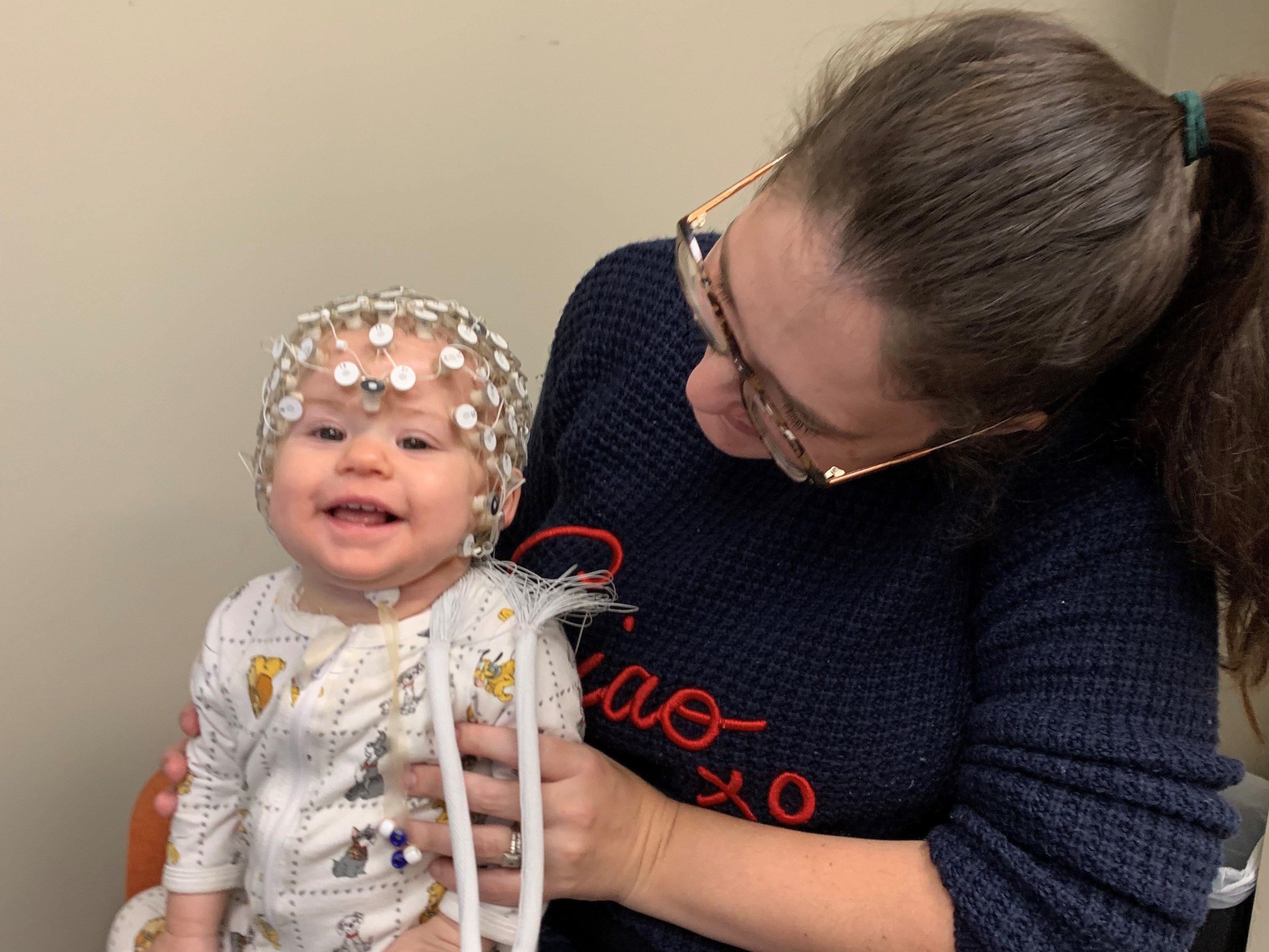Search
Showing results for "Au"
Research
10-Valent pneumococcal non-typeable H. influenzae protein D conjugate vaccine versus 13-valent pneumococcal conjugate vaccine as a booster dose to broaden and strengthen protection from otitis media in Australian Aboriginal children: study protocol18 months of age infants receiving 10-valent pneumococcal Haemophilus influenzae protein D conjugate vaccine will have higher antibody levels
Research
Combination of clinical symptoms and blood biomarkers can improve discrimination between bacterial or viral community-acquired pneumonia in childrenCombining elevated CRP with the presence or absence of clinical signs/ symptoms differentiates definite bacterial from presumed viral pneumonia better than CRP alone
Research
Australian Aboriginal children have higher hospitalization rates for otitis media but lower surgical procedures than non-Aboriginal childrenAboriginal children and children from lower socio-economic backgrounds were over-represented with OM-related hospitalizations but had fewer TTIs
Research
Childhood pneumonia in the Eastern Highlands Province of Papua New Guinea: clinical, microbiological and immunological predictors of diseaseChristopher Deborah Hannah Lea-Ann Peter Blyth Lehmann Moore Kirkham Richmond MBBS (Hons) DCH FRACP FRCPA PhD AO, MBBS, MSc OAM BSc (Hons)
Research
Prediction of Causative Pathogen of Osteomyelitis Using Bayesian Network ModellingAsha Christopher Tom Bowen Blyth Snelling BA MBBS DCH FRACP PhD GAICD FAHMS OAM MBBS (Hons) DCH FRACP FRCPA PhD BMBS DTMH GDipClinEpid PhD FRACP Head

Brain and behaviour research encompasses a child's learning, development and mental health - and the impact and development of conditions like cerebral palsy, autism and intellectual disability.
Research
END RHDEND RHD is an alliance of health, research and community organisations seeking to amplify efforts to end rheumatic heart disease in Australia through advocacy and engagement.
Research
The inequitable burden of infectious diseases among remote-living Aboriginal and Torres Strait Islander Australians: a product of historyAlthough Streptococcus pyogenes (Strep A) is the sixth-most common infectious disease globally, its transmission within the household remains an understudied driver of infection. We undertook a systematic review to better understand the transmission of Strep A among people within the home, while highlighting opportunities for prevention.
Research
A pilot study to develop assessment tools for Group A Streptococcus surveillance studiesGroup A Streptococcus (GAS) causes pharyngitis (sore throat) and impetigo (skin sores) GAS pharyngitis triggers rheumatic fever (RF) with epidemiological evidence supporting that GAS impetigo may also trigger RF in Australian Aboriginal children. Understanding the concurrent burden of these superficial GAS infections is critical to RF prevention. This pilot study aimed to trial tools for concurrent surveillance of sore throats and skins sore for contemporary studies of RF pathogenesis including development of a sore throat checklist for Aboriginal families and pharynx photography.
Research
Ending rheumatic heart disease in Australia: the evidence for a new approachThe RHD Endgame Strategy: the blueprint to eliminate rheumatic heart disease in Australia by 2031 (the Endgame Strategy) is the blueprint to eliminate rheumatic heart disease (RHD) in Australia by 2031. Aboriginal and Torres Strait Islander people live with one of the highest per capita burdens of RHD in the world.
